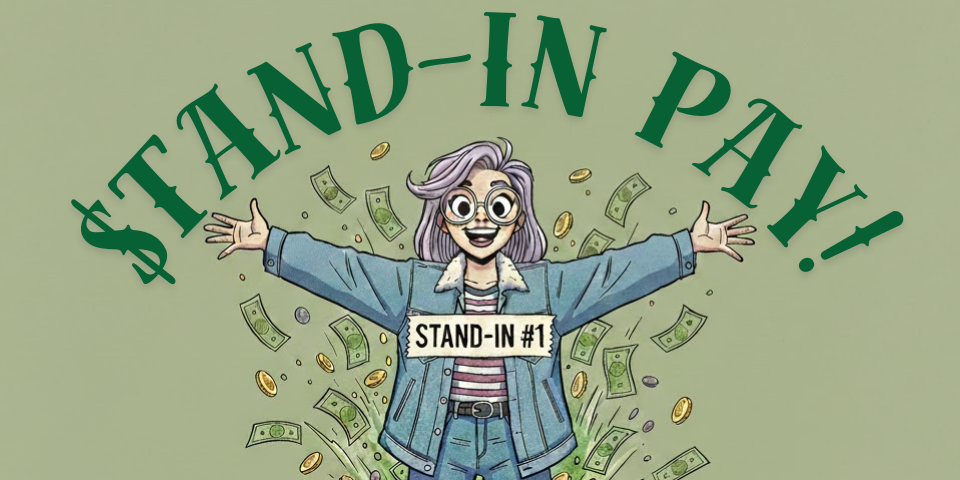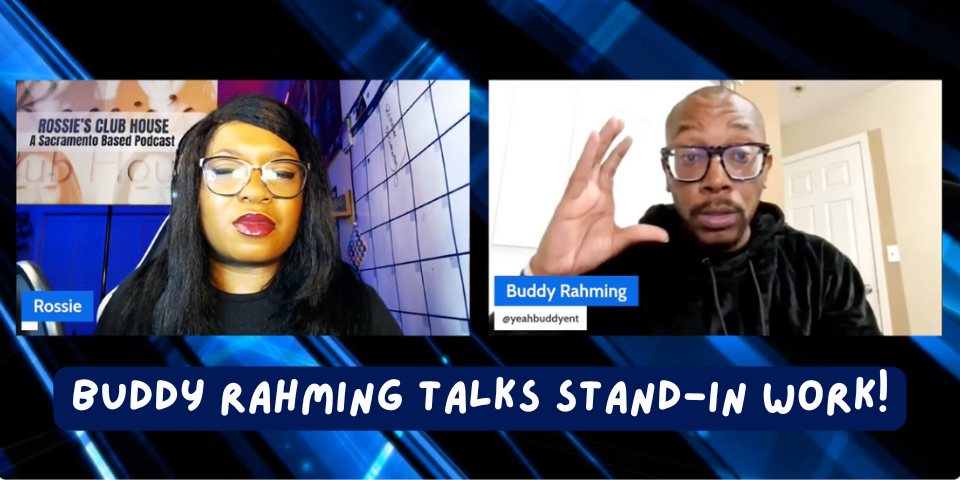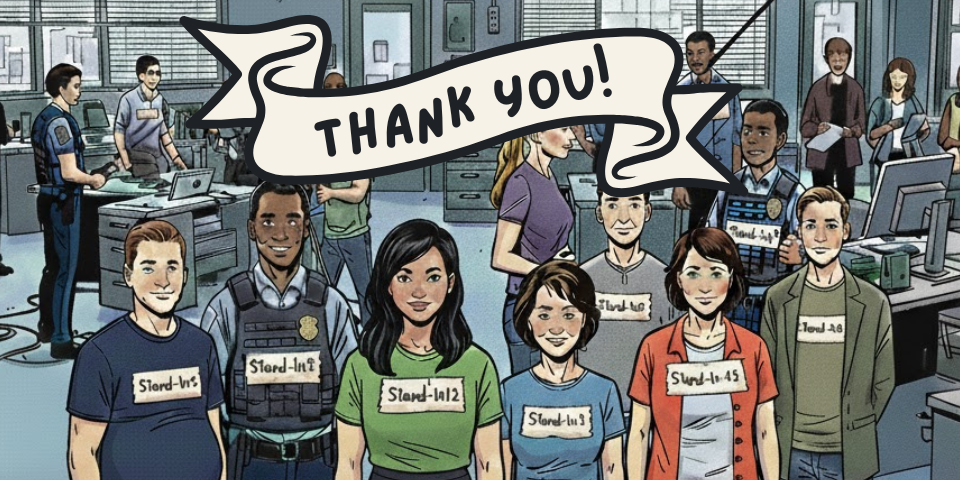If you’re standing in on a TV show or film, and you’re new to this specific production, there is a decent chance someone on the crew won’t know you have stood in a lot, have a lot of professional experience doing the job, and know what you’re doing.
This can feel awkward, especially when the crew person gives you some basic instruction in a way that suggests the crew person doesn’t think you understand what to do.
Although there is any range of things you can do in such situations, here is one simple tip we have for handling crew who don’t know you have lots of stand-in experience.
A Simple Thing to Say
Imagine you are standing on your mark. Maybe you’re near your mark because set pieces adjacent to you have changed, prompting you to move with them. Or maybe you’ve had to clock or counterclock your body since the marks have been placed, because some crew member asked you to turn.
Then imagine moments later a different crew member is puzzled about why you’re not standing exactly on your mark, with your feet parked on either side of the T on the ground, with your toes touching the underside of the T’s top bar.
Most crew members would politely ask why you’re not standing on your mark.
However, some might not.
It might not be that they’re not polite. It may just be that their confusion sounds like frustration.
Or it might actually be that they’re not polite. Even condescending and rude.
There is a simple thing to say in such a situation.
That simple thing to say is not, “I’m sorry.”
That is the inclination many a stand-in might feel, especially if the stand-in is inexperienced.
Saying “I’m sorry” lowers your credibility in such a situation, and it may potentially bring on more “abuse” later in the day. You don’t want that.
That Simple Thing to Say
Instead, you want to say something that is consistent with your credibility, that preserves your self-respect, and even tacitly communicates, “I know what I am doing.”
What is that simple thing to say?
In the situation of someone asking you why you’re not on your mark, then directing you to stand on your mark, simply say:
“Thank you.”
Say it simply and firmly. Say it professionally. Simply say that.
You are basically thanking this person for a direction, not reacting with an apology as if you did something unprofessional, unreasonable, or wrong.
Saying more than “Thank you” might be too much or sound like a defense. Saying nothing foregoes an opportunity to communicate self-respect.
Try saying “Thank you” rather than “I’m sorry” when you are on set with others who don’t recognize your experience.
And report back your results!
How does this tip work when you are standing in? Do you have different tips in this situation? Post your response in the comments box below!
Discover more from Stand-In Central
Subscribe to get the latest posts sent to your email.







Leave A Comment